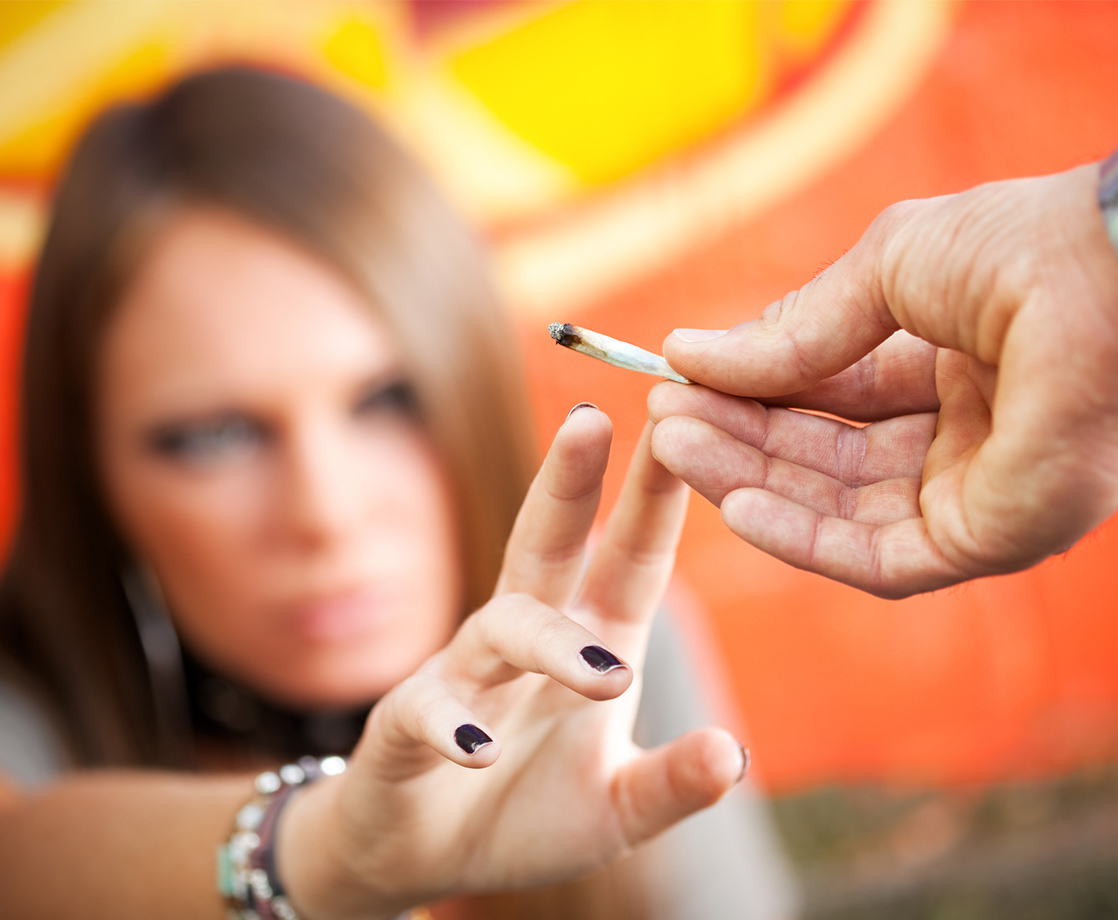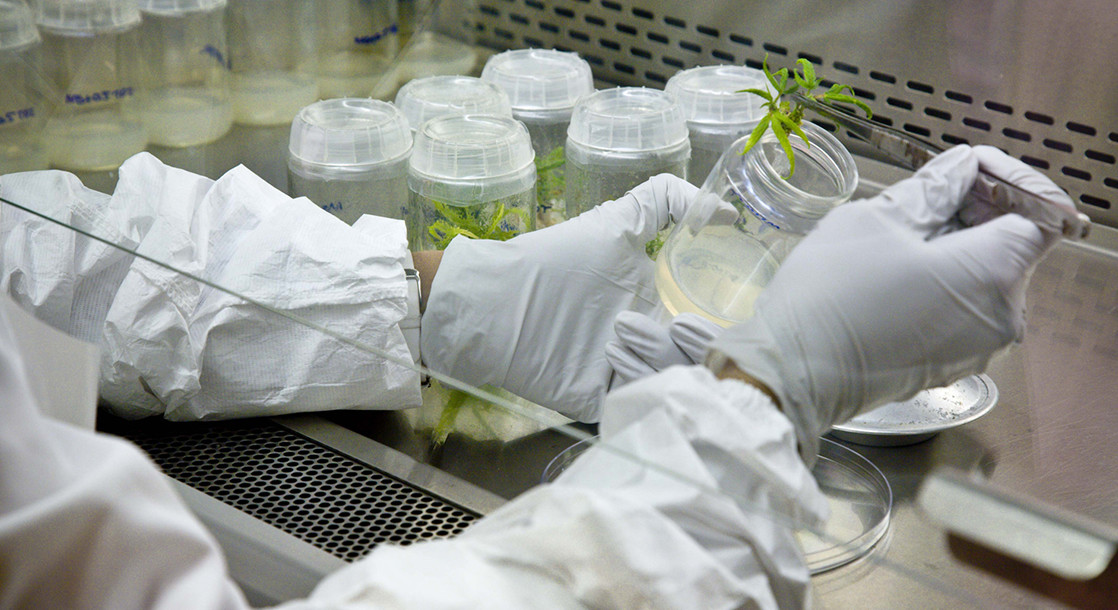Ever since U.S. states began reforming their antiquated cannabis prohibition laws at the beginning of this decade, naysayers have been warning that legalizing marijuana will inevitably lead to more teenagers smoking pot. Concerned researchers began to collect data on teen use in newly canna-legal states, only to find that minors' use of pot remained constant or even decreased after legalization measures passed.
Now, another federally-funded study has confirmed the findings of these previous studies, reporting that states that passed cannabis decriminalization laws did not see an uptick in teen use, while also reporting a dramatic decrease in drug-related arrests. Researchers from Washington University, the Eastern Virginia Medical School, and the University of Illinois at Chicago investigated the links between youth cannabis use and arrest rates in five states that passed cannabis decriminalization laws between 2008 and 2014 – Massachusetts, Connecticut, Rhode Island, Vermont, and Maryland.
The researchers noted that while "a number of public health scientists have expressed support for decriminalization or other policy liberalization measures… some have expressed opposition because of concerns about potential unintended consequences, namely, increases in the prevalence of cannabis use and related problems, particularly among youth." In order to test whether these concerns were valid, researchers compared data from the Youth Risk Behavior Survey and arrest records gleaned from federal crime statistics to data from states that did not change their cannabis laws between 2008 and 2014.
After analyzing the data, the researchers concluded that the "decriminalization of cannabis in Massachusetts, Connecticut, Rhode Island, Vermont, and Maryland resulted in large decreases in drug-related arrests for both youth and adults, suggesting that the policy change had its intended consequences. Our analysis did not find any increase in the prevalence of youth cannabis use during the observation period."
The data showed "no evidence of increases in youth cannabis use," the researchers wrote. "On the contrary, cannabis use rates declined after decriminalization, though further study is needed to determine if these associations are causal. These findings are consistent with the interpretation that decriminalization policies likely succeed with respect to their intended effects and that their short-term unintended consequences are minimal."
The findings support other recent studies on the topic, including Washington state's 2016 Healthy Youth Survey, which stated that cannabis use among 8th- and 10th-graders significantly dropped since the state legalized cannabis in 2014. Data from the National Survey on Drug Use and Health also reported that Colorado teens' use of pot declined after the state ended marijuana prohibition in 2014.











